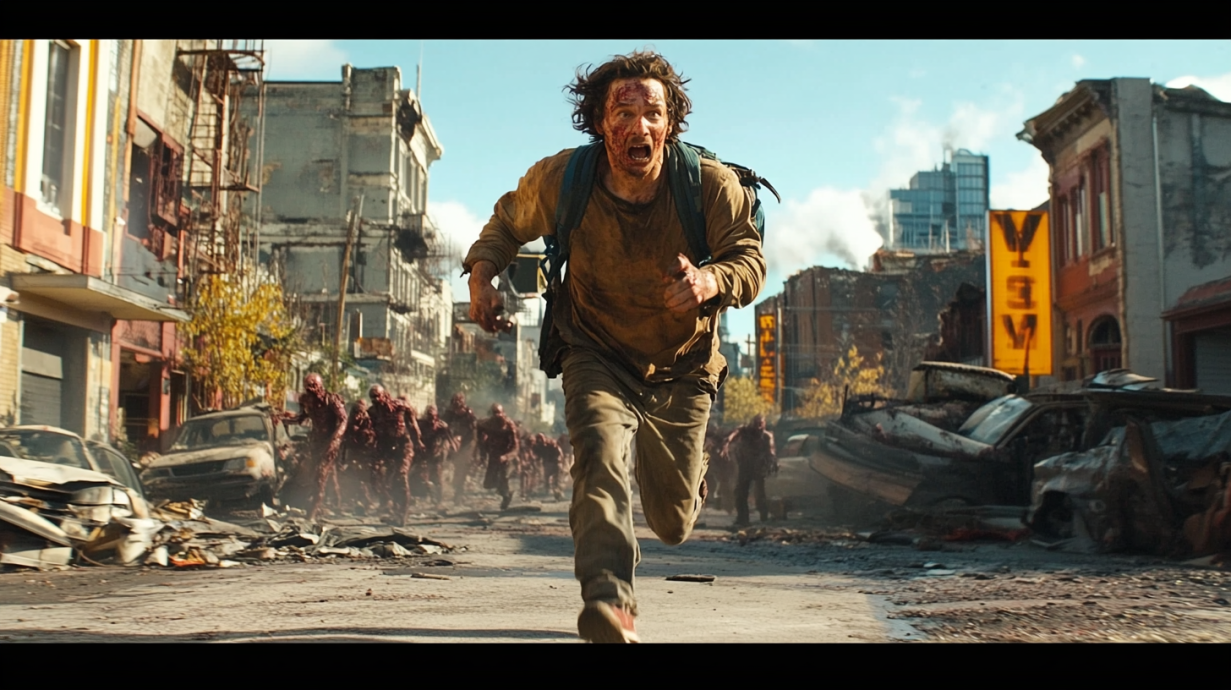In a world where the unexpected has become the norm, emergency preparedness isn’t just for the paranoid—it’s for the prudent. Whether you’re bracing for natural disasters like hurricanes or indulging in the theoretical survival scenarios like a zombie apocalypse, this guide will ensure you’re ready for anything.
Why Prepare for the Extreme?
- Understanding the Spectrum: From weather events to societal breakdowns, the principles of preparation overlap significantly.
- Engagement Through Popular Culture: Zombies might be fictional, but the skills needed to survive them are very real. This fun twist keeps readers engaged while educating them.
The Basics of Emergency Preparedness
- Water: The rule of thumb is one gallon per person per day, for at least three days, for drinking and sanitation.
- Food: Stock up on non-perishable items. Think beyond canned goods to freeze-dried meals which are lighter and can last longer.
- Shelter: Whether it’s staying put or evacuating, know your options:
- Home Fortification: Tips on reinforcing your home against intruders or natural forces.
- Evacuation Plan: Where to go, what to take, and how to get there safely.
- Communication:
- Radios: A hand-crank or solar-powered radio can keep you informed when the grid goes down.
- Emergency Alerts: Ensure your phone can receive wireless emergency alerts.
- First Aid: A well-stocked kit with training to match. Consider courses in basic first aid or wilderness medicine.
Surviving Specific Scenarios
- Hurricanes:
- Secure your home, have an evacuation route planned, and stock up on supplies that are hurricane-specific like sandbags and plywood for windows.
- Zombie Apocalypse (and Real-World Equivalents):
- Mobility: Keep your escape vehicle ready. In real terms, this translates to any scenario where mobility is key.
- Defense: While zombies might not be real, self-defense strategies, including non-lethal options, are invaluable.
- Scavenging Skills: Learning how to safely find and purify water, or what wild plants are edible.
Mental Emergency Preparedness
- Stress Management: Techniques to stay calm when the world isn’t. Meditation, breathing exercises, or even gaming out scenarios in your mind.
- Community Building: In any disaster, your neighbors can be your greatest allies. Organize or join community preparedness groups.
Gear and Gadgets
- The Multi-Tool: A good multi-tool can be a lifesaver in numerous situations.
- Lighting: LED lanterns, headlamps, and glow sticks for when the lights go out.
- Power Solutions: Solar chargers, portable generators, or even car battery adapters.
Emergency preparedness isn’t about living in fear; it’s about living with confidence. By preparing for the wildest scenarios, you’ll be equipped for the more common crises life throws your way. Remember, survival isn’t just about the gear; it’s about knowledge, adaptability, and community. Start your preparation journey today, because when disaster strikes, you’ll want to be the hero of your own story, not a bystander.
